
Like many companies, ABB Switzerland previously viewed employees with health limitations from a deficit perspective. The specialist unit well@work (formerly “adapted activities”, later “stay at work”) aimed to change this and holistically empower employees. A lack of awareness around mental health and the need for cultural transformation revealed the need for a new understanding of resources to unlock potential.
well@work launched the Icebreaker initiative, in which employees openly discuss stress and mental health challenges in video clips. A Wellbeing Roundtable brings together managers, peers, and employees from different backgrounds and perspectives. Together, they develop best practices to promote wellbeing. This fosters greater awareness of inclusion and improves employee wellbeing – building a resilient health culture.
Two surveys using the Inclusion Barometer by the Center for Disability and Integration at the University of St. Gallen show rising inclusion scores. In international comparison, ABB Switzerland achieves top results on inclusion in its Engagement Survey. Other companies confirm: Openly addressing mental health, as done in the Icebreaker initiative, is a milestone for cultural change – and sadly still unimaginable in many workplaces.
This Best Practice was first published in the Gender Intelligence Report 2025.
The shift from “Disability” to strength-focused “Ability Management” in health promotion – away from a medical paradigm and towards a “from me to we” approach – demands deep cultural change. As with any transformation, resistance arises. Challenges include prejudices (e.g., dismissing it as a “wellness strategy” or “fluffy thinking”), the need for stronger management commitment, and the ingrained habit of investing primarily in occupational safety rather than holistic wellbeing. Until now, health promotion mainly focused on teaching behavioural rules rather than involving employees in developing solutions.
By 2030, we aim to establish an integrated wellbeing and inclusion system with clearly defined KPIs. One ambition is to reduce absenteeism through resilience workshops and peer support in a 1:200 ratio. Additionally, leadership assessments will require inclusion of goals related to strength-based leadership and wellbeing. In the annual global ABB Engagement Survey, ABB Switzerland aims to consistently achieve ≥ 85% positive responses on psychological safety (“openly talk about challenges”) and an average wellbeing score of ≥ 4 out of 5.
Our approach is based on a proactive, holistic wellbeing concept that strengthens mental, physical, social, and financial resources preventively. The Icebreaker campaign encourages employees and managers to speak openly in short videos about sleep disorders, anxiety, and stress – a lever for de-pathologising and promoting psychological safety. The well@work team develops tailored offerings that highlight strengths rather than manage symptoms. ABB’s 2024+ Wellbeing Roadmap is built on five pillars: Icebreakers spark conversations about stress; Trialogues strengthen leadership; Inclusive work design enables participation; Team job crafting encourages skills and innovation; Roundtables provide dialogue and networking. In addition, Mental Health First Aiders provide crisis support, and social counselling addresses social or financial concerns.
The Power of Us starts with You
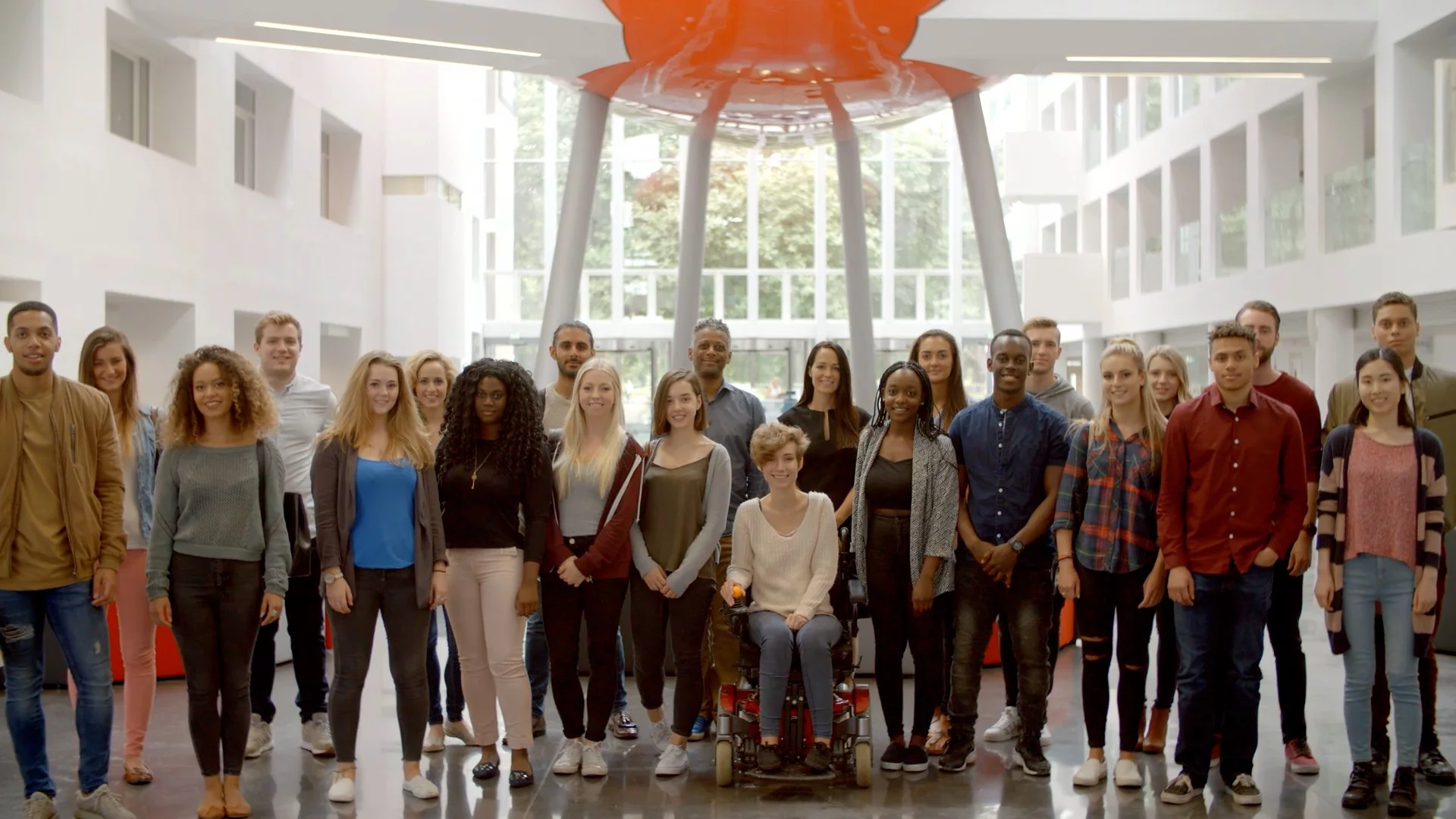
ABB Switzerland measures effectiveness through feedback and data. The Inclusion Barometer from the University of St. Gallen’s Center for Disability and Integration gauges how inclusive the work environment feels – via self and external perception. The two-time participation shows employees increasingly experience inclusion as tangible, supportive, and credible – with a clear rise in the “Feeling of Belonging”. Parallel to this, ABB Switzerland recorded a 3% year-on-year increase in inclusion scores in the 2024 Engagement Survey (with 83% participation). Visible formats like Icebreaker videos, peer Ability Managers, and the cross-departmental awareness campaign WellComeTogether strengthen psychological safety and belonging. Communication strategies are built on visibility, storytelling, and active involvement. Inclusion thus becomes the foundation for long-term health, motivation, and employee retention.v
Diversity, equal opportunity, and wellbeing are core components of ABB’s culture. As a founding member of Advance – Gender Equality in Business, ABB promotes women in leadership through mentoring programmes. Employees connect via diverse Employee Resource Groups, and awareness training fosters an inclusive environment. Flexible work models help balance professional and personal life. ABB Switzerland also offers attractive benefits: in-house childcare facilities, Christmas bonuses, above-average holiday allowances, health promotion, social counselling, and a Volunteer Day for community involvement.
For more information about this Best Practice, reach out to the author:
Susanne Wipf-Ernst
Head of well@work ABB Switzerland
susanne.wipf@ch.abb.com

Nicole Kamm-Steiner
Country HR Manager ABB Switzerland
nicole.kamm-steiner@ch.abb.com


Swiss Re launched the Career Returnees initiative in July 2024 to tap into the underutilized talent pool of professionals returning to work after career breaks, recognizing that traditional recruitment often overlooks this experienced group. The program is built on four pillars: open positions for returnees, equal pay for equal work, development opportunities and flexible work options, with explicit career returnee advertising, internal awareness and a manager support toolkit, and external outreach campaigns. Since launch, the initiative has welcomed over 62 employees across 12 countries, with 92% onboarding satisfaction and 82% upskilling satisfaction, demonstrating that career breaks occur across all genders and career stages while returnees integrate quickly and deliver effectively.
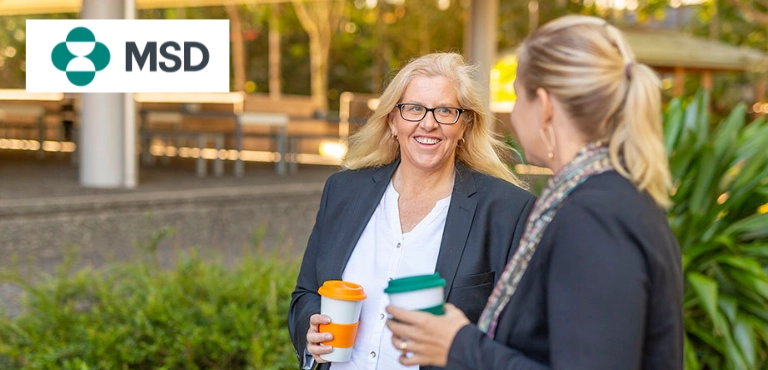
MSD Switzerland implemented a Global Job Policy in 2024 requiring all roles to be posted and introduced a structured selection processes with panel interviews to address inconsistent recruitment practices and employee concerns about unequal opportunities. The company developed competency frameworks, behavioral interview techniques, and neurodiversity-accessible assessments to counter unconscious bias and ensure fair candidate evaluation. These inclusive recruitment practices have increased diversity in hiring decisions, improved employee engagement scores, and strengthened organizational culture with better business outcomes.

dsm-firmenich launched the Mental Fitness Champions (MFC) initiative following a merger to support employee well-being during organizational transformation, training colleagues to listen to and support peers. The Global Vitality Office partnered with HSE Global to deliver a customized 7-hour peer support program based on a Canadian Armed Forces framework, training internal instructors and offering courses in six languages across 36 countries. Since launching in April 2024, the initiative has engaged 500+ colleagues in 60+ courses, with 95 certified champions in Switzerland alone, creating a peer-support network that promotes psychological safety, reduces mental health stigma, and fosters an inclusive workplace culture.
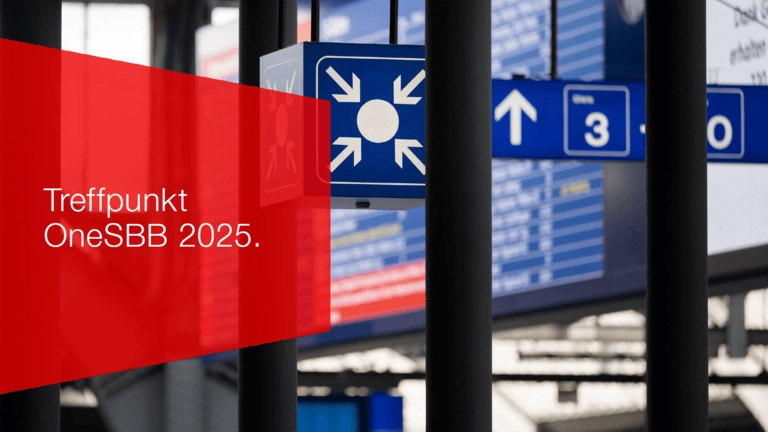
SBB established "OneSBB Meeting Points" as leadership dialogues focusing on "Value Diversity Respectfully," where around 1,000 leaders voluntarily participate in groups of 30 to discuss diversity, unconscious biases, and inclusion through peer-to-peer learning. The initiative runs from April to October 2025, featuring discussions led by top executives covering individual perspectives (bias awareness), team perspectives (case studies), and organizational benefits of diversity and inclusion. The program aims to enhance leaders' reflective abilities, foster empathy, reduce discrimination, and develop skills in conflict resolution and leading diverse teams, with outcomes evaluated through participant feedback.

Alpiq launched a leadership transformation program centered on "Secure Base Leadership" to drive cultural change in the volatile global energy market, where culture serves as a key competitive advantage. Starting with the Executive Board and cascading through the organization, the program focuses on Care, Dare, and Share philosophy, training internal ambassadors as IMD-certified coaches to foster inclusive leadership, psychological safety, and diverse perspectives. The initiative has already trained one-third of Alpiq's workforce, resulting in significant improvements including NPS scores rising from +1 in 2022 to +42 by 2024, Great Place to Work certification across all locations, and inclusivity questions ranking in the top 5 survey results.

Job sharing was introduced at Nestlé Switzerland in 2020, and after some initial challenges in factories, it was successfully implemented at Nestlé Waters Switzerland in May 2023. This initiative helped retain a valuable engineer by offering a reduced activity rate. It resulted in the company's first job-sharing arrangement in a factory setting with two engineers working at 60% capacity each. The positive outcomes have led to more job sharing pairs in factories across Switzerland, with a focus on continuous improvement and flexibility.
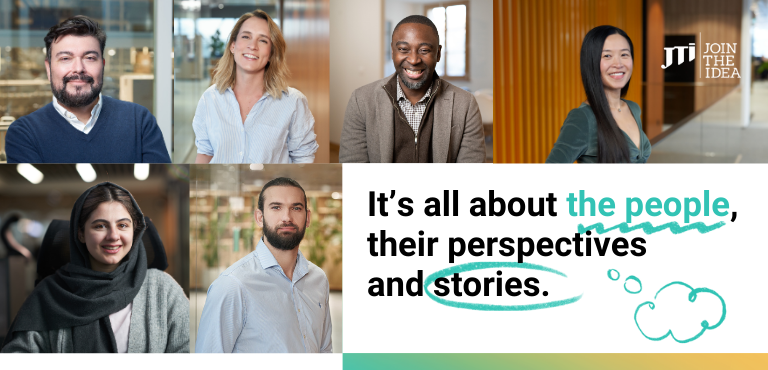
As a global organization, JTI had established several policies to support the DEI agenda and were in the process of being certified by the EY Global Equality Standard. However, they recognized the need for a more localized implementation that met the specific needs of the organization at the time. By focusing on inclusion, raising awareness around bias, and introducing initiatives like the Virtual Reality „Men in Business – In the Body of a Woman“ experience, they have started to see positive changes in conversations, employee engagement, and inclusive management across the organization.
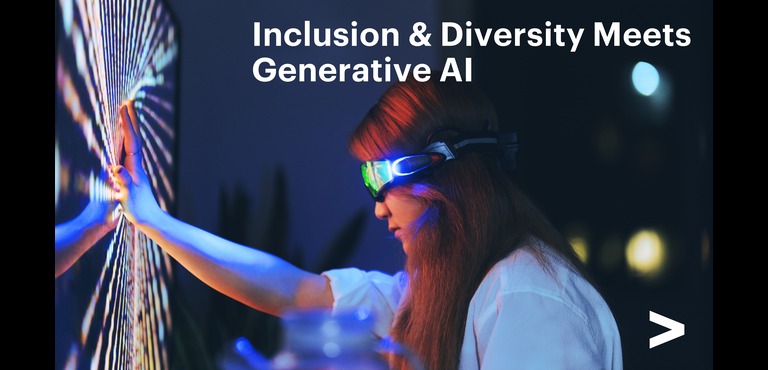
Generative AI (GenAI) is becoming increasingly integrated into our daily work, but with its use comes exposure to inherent biases. To address this, Accenture brought together experts from GenAI and inclusion to discuss these issues, focusing on promoting inclusivity through thought leadership and responsible AI frameworks. This collaborative approach aims to ensure GenAI is used responsibly and fairly, leveraging progressive governance to adapt to rapidly evolving technology.
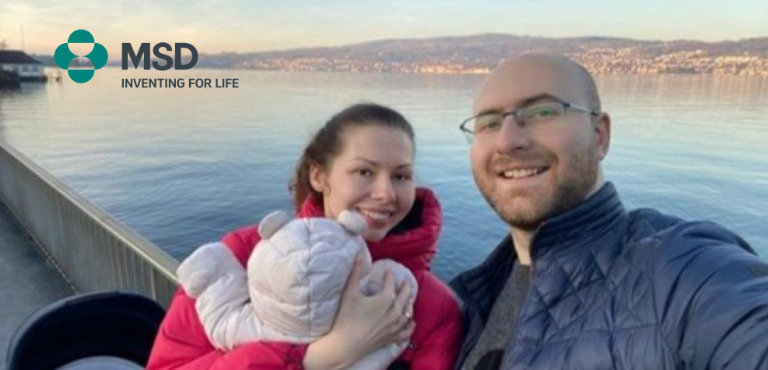
The new parental leave policy offers 16 weeks of fully paid leave to all employees regardless of gender, supporting natural, adoptive, same/opposite sex partners, and single parents. The policy has been well-received by employees, fostering equity and inclusion, supporting the transition to parenthood, and contributing to improved retention and engagement.

Unlock financial savviness with Zurich Insurance as they empower women to enhance their financial knowledge and skills. Explore the WIN Financial Awareness Program, fostering a supportive community and providing personalized services to boost financial confidence.

Experience KPMG's commitment to empowering employees through flexibility and work-life integration. Discover their diverse initiatives challenging traditional norms and supporting new parents, fostering a thriving workplace for all.
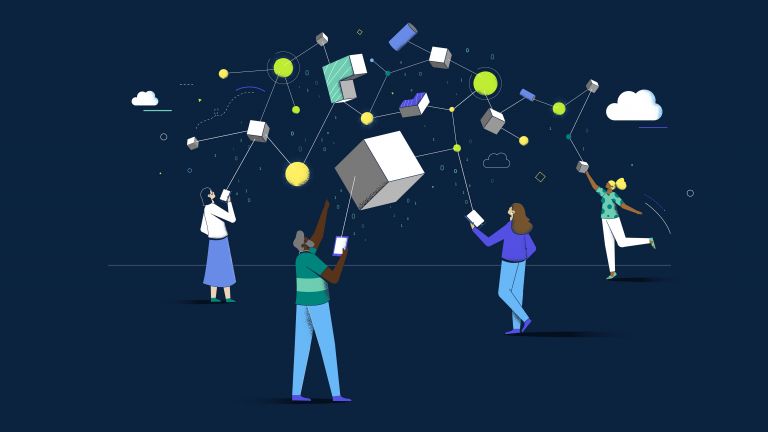
Involving employees pays off - learn what happens when the entire workforce sets the agenda for gender parity.